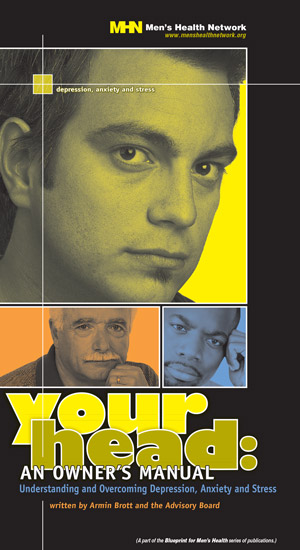With nearly 100,000 cases of cases of coronavirus (also referred to as COVID-19) reported around the world—and more than 3,000 deaths—we all have every reason to be worried. Fortunately, scientists and public health experts in dozens of countries are working hard to keep this infection from spreading further than it already has—a pretty tall order, considering how easy it is for people to travel long distances, transporting the virus with them and infecting others before, during, and after their trip.
While the battle to find a cure (and a vaccine) is definitely good news for everyone, it’s especially welcome for those of us who are male. “Boys and men are more likely than girls and women to contract the virus, they have more severe reactions, and they die in both greater numbers and higher rates,” says Dr. Salvatore Giorgianni, Science Advisor for Men’s Health Network, a DC-based non-profit.
This isn’t the first time men have been disproportionately affected (in a very negative way) by a respiratory illness. Males were more likely than females to die from the SARS and MERS outbreaks and the famous 1918 influenza epidemic. And they’re about 30 percent more likely than females to die of the flu or pneumonia. In 2017, for example, the death rate for men was 16.5 per 100,000 vs. 12.7 per 100,000 for women.
Why do respiratory infections, including coronavirus, kill more males than females? Well, there are a number of possible explanations. One is that, despite the stereotypes, males are simply more fragile. While more male babies are born (about 105 for every 100 girls), they die of every conceivable cause at higher rates than females. Low-birthweight boys, for example, are more likely to die than girls born at the same weight. In every age group—until about age 40—there are more males than females. At that point, however, enough males have died off so that females begin to outnumber males. By age 60, there 109 women for every 100 men, and by age 85, there are 181 women for every 100 men.
A second theory that may explain the male-female disparity in deaths from COVID-19 and similar illnesses is that women have naturally stronger immune systems. According to some experts, hormones such as estrogen—which females have a lot more of than males—may be responsible for women’s better outcomes (or men’s worse ones, depending on how you look at it).
A third theory is that lifestyle issues are at least partly to blame. In China, for example, where the coronavirus death rate for males is 65 percent higher than for females, men are also far likelier than women to smoke. There’s no question that having a preexisting lung-related issue (including smoking-related COPD) increases the risk. There’s also some speculation that non-smoking related conditions such as asthma may also increase risk.
Whether you’re male or female, there are a number of precautions you can take to reduce your risk:
- Regularly and thoroughly wash your hands. Use soap and warm water or an alcohol-based (at least 60%) sanitizer.
- Keep your hands away from your face. You may not be aware of it, but most of us touch our nose, eyes, and mouth—the most likely places where viruses get into our body—a lot.
- Stay three to four feet away from anyone who’s sneezing or coughing.
- Don’t worry about face masks. They won’t keep you from contracting the virus. They may, however, reduce the chance that you’ll transmit it to someone else if you have it.
According to the Centers for Disease Control and Prevention (CDC), coronavirus symptoms include fever, coughing, exhaustion or fatigue, and shortness of breath. If you have any of those symptoms, don’t panic—the vast majority of people who develop coronavirus don’t die or even get very sick. However, if you’re worried, you recently had contact with someone who has the virus, you’re over 65, or you have a history of lung- or heart problems, see your healthcare provider right away. This is no time to be a hero and try to gut it out—especially if you’re a guy.




Recent Comments